|
ANDYSMANCLUB has over 100 free support groups nationwide, running every Monday from 7PM except bank holidays. In these groups, men can open up about the storms affecting their lives in a safe, judgement-free and non-clinical environment. Our clubs are designed to be free of pressure, there is no obligation for men to speak, they can simply listen if they wish.
With over 1800 men using our sessions every week, and an army of 500 volunteers on board, the movement is continuing to grow week-by-week. We firmly believe in the power of talking and that #ItsOkayToTalk. Established in 2016 by Elaine, Andy’s Mum, and Luke, Andy’s Brother-in-Law, the aim of the club is to provide men with a safe space where they feel comfortable to talk and open up about their experiences in a room free of judgment. Click here for a link to our local group on Facebook.
0 Comments
Need someone to talk to?At South Tawton Primary School, you can talk to any adult about anything that is worrying you. However, there are adults who have the special job of keeping you safe. Express yourself - toolkit
Children’s Mental Health Week is coming up on 1st February, and the theme this year is ‘express yourself’. By talking openly about mental health from a young age, children can learn to better understand their emotions, break down stigma, and feel safe enough to reach out for help when it’s needed. Talking about mental health and expressing our feelings can be difficult, no matter our age. In this toolkit, we’ve rounded up lots of great resources to help staff, children and their parents/carers start the mental health conversation. Sources of Help and Information:NHS Five Steps to Mental Wellbeing – This is the inspiration behind our ‘Isca Six Steps to Wellbeing’. You can click on the links behind each section for more information: www.nhs.uk/conditions/stress-anxiety-depression/improve-mental-wellbeing/
MindEd – Are you a parent or carer who is concerned about the mental health of your child or teenager? Do you just want some hints and tips on parenting? MindEd for Families has advice and information from trusted experts and will help you to understand what problems occur, what you can do to best support your family, and how to take care of yourself. MindEd for Families is written by a team of specialists and parents, working together. www.minded.org.uk Devon County Council – Healthy and Active. A wealth of information for parents and young people on staying active, alcohol and drugs, cycling, mental health and wellbeing and sexual health. www.devon.gov.uk/navigation/healthy-and-active Devon County Council – Care and Health. Access information about helping people with mental health needs to find support. www.devon.gov.uk/care-and-health/mental-health Family Lives – is a national family support charity providing help and support in all aspects of family life. We’re here for you. We listen, support and never judge. We believe that happy children come from happy families. www.familylives.org.uk The Charlie Waller Memorial Trust – has free resources for parents and professionals and others interested in depression, mental and emotional wellbeing including an emotionally healthy approach to GCSEs, social media and teenagers and self-harm. www.cwmt.org.uk/resources Childline – www.childline.org.uk/ – Free help and advice for under 19’s. Childline for Younger Children – Childline has launched a website aimed at children under the age of 12. This provides a range of age appropriate content and includes games and therapeutic tools for young visitors to play and express how they are feeling. www.childline.org.uk/kids Anna Freud National Centre for Children and Families – Self-care is about the things we can do to look after our own mental health. Young people say that when they are struggling they are usually told to see a professional. They don’t often get much advice about how they could help themselves. This organisation spoke to professionals and looked at academic research, then drew up a list of strategies young people use. www.annafreud.org/on-my-mind/self-care Mind Matters (NHS) – Having good mental health helps us relax more, achieve more and enjoy our lives more. There are simple things we can all do to look after our mental health and wellbeing – take the quiz to get started with a free plan, expert advice and practical tips. www.nhs.uk/oneyou/every-mind-matters Mind – for better mental health. Local Mind services include talking therapies, crisis helplines, drop-in centres, employment and training schemes, counselling and befriending. https://www.mind.org.uk/information-support/local-minds/ Alumina is Self-Harm UK’s online based support group. They offer live online group meetings and an on-demand service to help young people recover from and manage their self-harm. www.selfharm.co.uk/alumina Doc Ready – helps you get ready for the first time you visit a doctor to discuss your mental health. http://www.docready.org/#/home Find Get Give – is an online mental health and wellbeing information website, aimed at young people (13-25) and their families/carers. The website provides a wealth of online resources – from apps, websites and self-help guides, to support young people to manage their mental health and wellbeing concerns. www.findgetgive.com The Mix – the UK’s leading support service for young people. We are here to help young people take on any challenge their facing – from mental health to money, from homelessness to finding a job, from break-ups to drugs. Talk to us via online, social or our free, confidential helpline (Freephone 0808 808 4994) www.themix.org.uk MindShift – will help young people learn how to relax, develop more helpful ways of thinking, and identify active steps that will help them take charge of their anxiety. Specific tools also for e.g. Perfectionism• Social Anxiety• Performance Anxiety. https://healthyyoungmindspennine.nhs.uk/resource-centre/apps/mindshift/ Kooth – kooth.com – Free online support Young Devon – www.youngdevon.org/ – Young person support in Devon LGBTQ Youth Devon – www.lgbtqyouthdevon.org.uk/ – LGBTQ+ sessions that run locally Mind – www.mind.org.uk/ – Leading mental health charity Asking for HelpTalking about problems is the best way to get the support. Often, someone else can help you see things differently. They can help you change things that are upsetting you, or give you new ideas to cope. Once you tell someone, they can be there for you in the future too. From the Childline Website: www.childline.org.uk/info-advice/bullying-abuse-safety/getting-help/asking-adult-help From the Charlie Waller Memorial Trust Website: How Can I ask for Help? The Child and Adolescent Mental Health Service (CAMHS) assess and treat children and young people up to the age of 18 (and their families), who show signs of mental health difficulties. CAMHS website: https://childrenandfamilyhealthdevon.nhs.uk/camhs/ Wellbeing During ExamsWe all know that exams can be an extremely challenging and stressful time. If you’re struggling to manage your mood or anxiety levels, don’t keep it to yourself. Friends and family members can be a great source of support, as well as your teachers and support staff. These websites have lots of advice on taking care of yourself during revision, examinations, and waiting for the results: Whether you’re revising, waiting for your exam results, prepping for a job interview or just feeling a bit stressed, we’ve asked those who’ve been through it to share their wisdom. While revising for exams, we are often advised to take time out and look after our mental health but how can we do this? Our activist, Rose, shares her favourite ways. The Mind Set – YoungMinds is working in partnership with BBC Learning to launch The Mind Set, the UK’s first national peer-to-peer coaching network for GCSE students. The Mind Set provides information and support on how to manage exam stress. Advice comes from 12 trusted student coaches who have been through it before. They have made videos about their experiences, including about looking after their mental health, and they have also shared their stories with listeners on Radio 1’s Live Surgery. Useful Apps Calm Harm – provides tasks that help young people resist or manage the urge to self-harm. You can add your own tasks too and it’s completely private and password protected. Stay Alive – a suicide prevention resource, packed full of useful information to help you stay safe. You can use it if you are having thoughts of suicide or if you are concerned about someone else who may be considering suicide. Self-help for Anxiety Management (SAM) will help young people to understand what causes their anxiety, monitor their anxious thoughts and behaviour over time, and manage their anxiety through self-help exercises and private reflection. Kooth transitioning support and resources for years 6-7
As we move towards the end of term I wanted to remind you that KOOTH.com is available in Devon for young people aged between 11 – 25 years to access over the summer. For young people transitioning from primary to secondary school we want to ensure young people are supported through this challenging time and informed of the Kooth service and their accessibility to the support for their emotional health and wellbeing. Kooth is a web based confidential support service available to young people that provides a safe and secure means of accessing mental health and wellbeing support either by speaking to one of our online counsellors and/or engaging in our Kooth community online with the range of therapeutic support tools we have online. For your students transitioning from Year 6-7 and to support you in signposting Kooth.com to those young people a short presentation video has been shared with you to show with these students for an online assembly that explains the Kooth service in a little more detail. The transition video can be accessed here where you will need to choose the video named ‘Transition Vid’ (Carina). This is a video (8mins 30sec) to be shown to students transitioning into secondary school. Please find attached an introduction and assurance letter for schools as well as a letter for parents and carers. Please contact Carina Miles [email protected] on 07507 946564 / 020 398 49337 if you would like any further information or resources. For more information, please see these documents: Kooth Intro and Assurance letter Kooth letter for parents and carers ECI has launched a new phone advice line for parents and carers across Devon. The number for the new service is 01392 949059 and it is manned from 10 – 2pm Monday to Friday. People will be able to leave a message outside of these hours, or when the operators are all busy.
We offer advice on a specific issue around their children and their family relationships, including any communication issues or conflict they are having with their partners or co-parents of their children. It is not meant to be a replacement for more targeted work, but just a way to offer people a place to be heard and a few tips on how to deal with a particular situation or to signpost them to an organisation which may be able to help them. Click here for more information |
|
CONTACT
South Tawton Primary School, Tawton Lane, South Zeal, Okehampton, Devon, EX20 2LG Tel: 01837 840242 Email: [email protected] |
© COPYRIGHT 2020 DARTMOOR MULTI ACADEMY TRUST. ALL RIGHTS RESERVED | Website design by brightblueC and Alex Thomas Design | Privacy notice

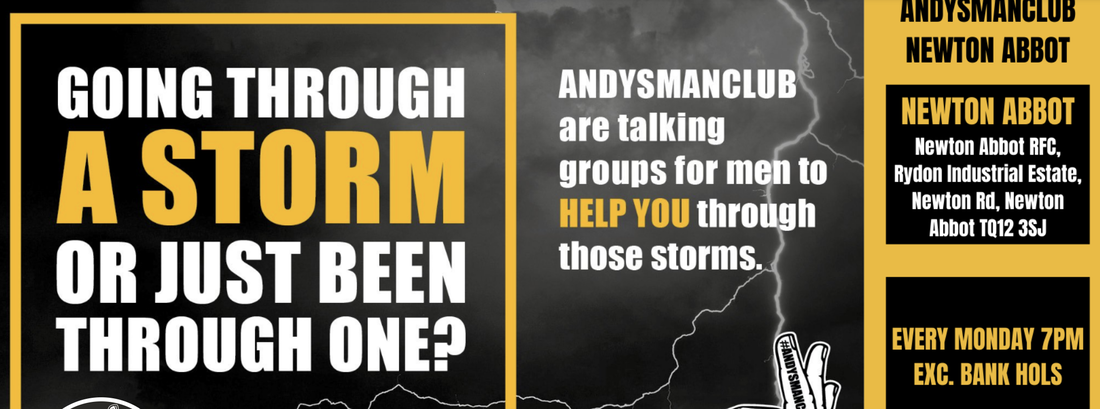
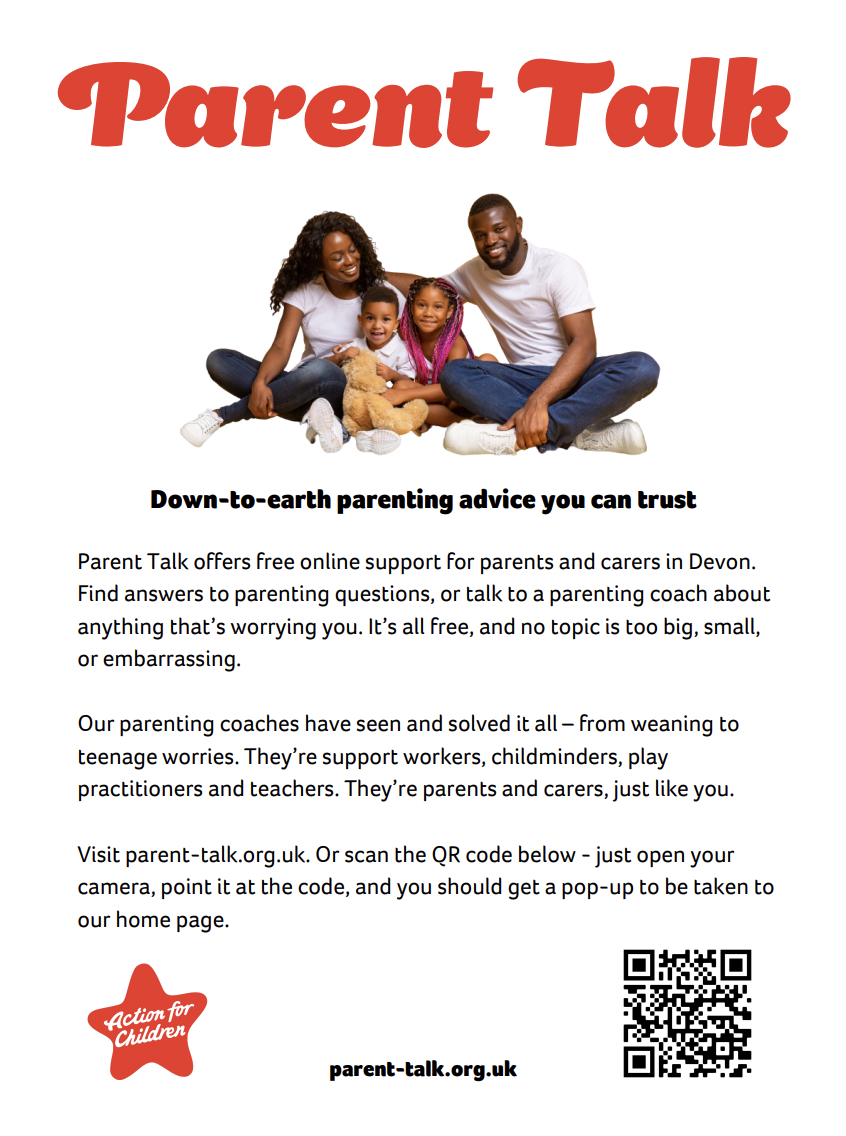


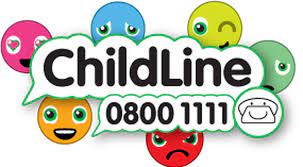
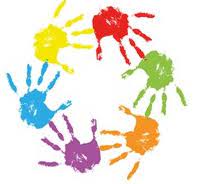
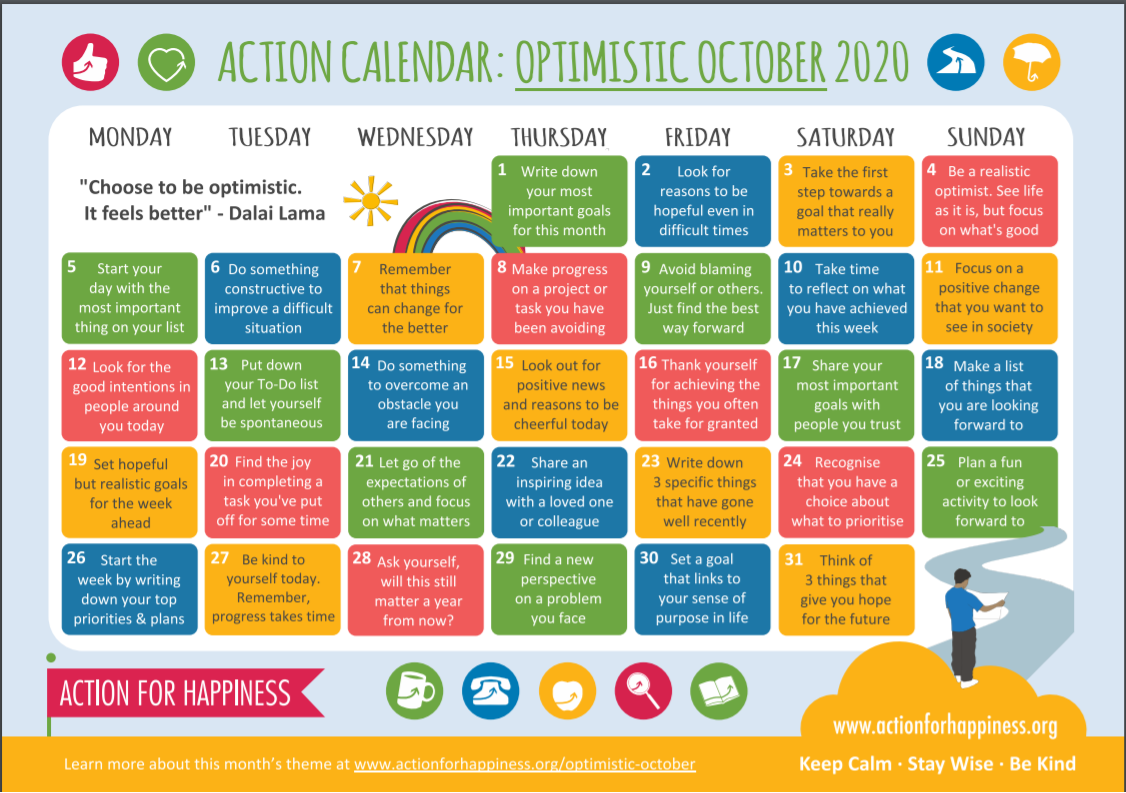
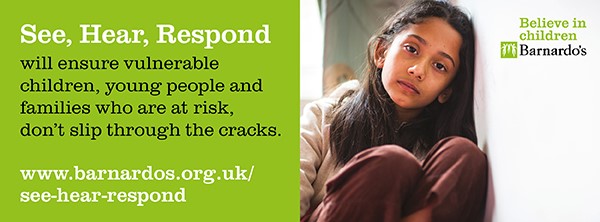
 RSS Feed
RSS Feed

